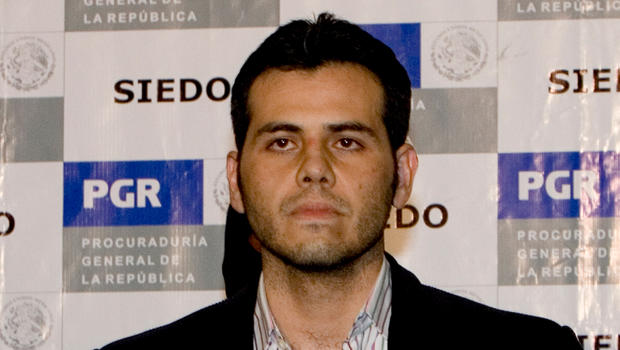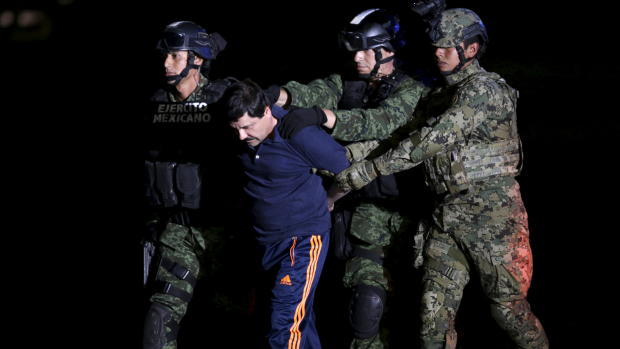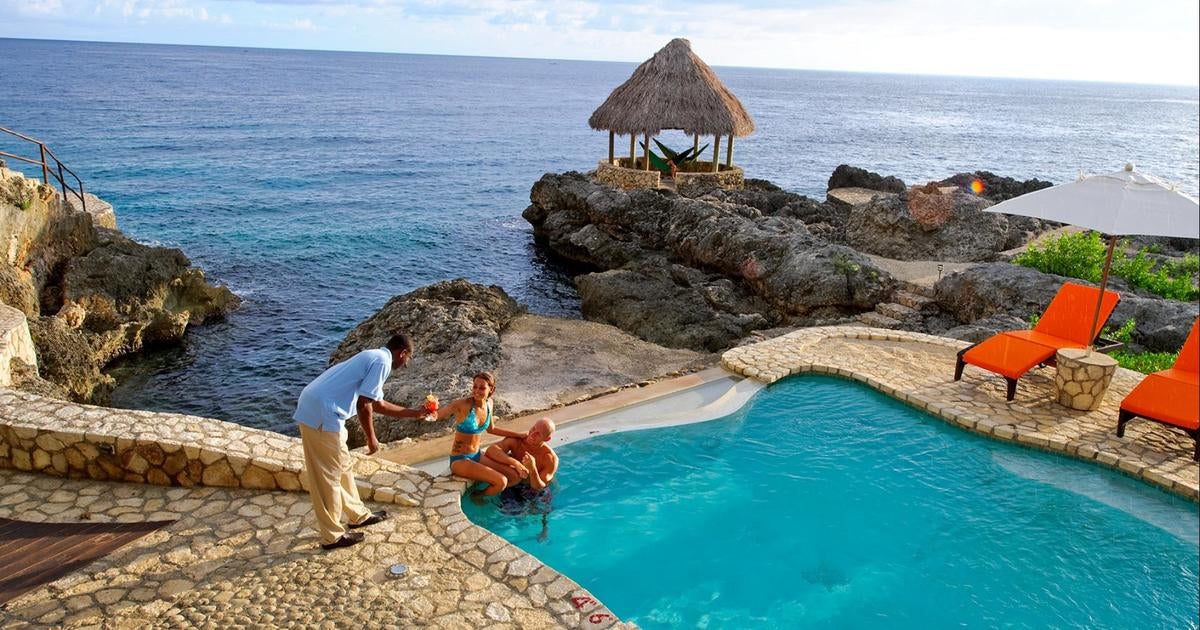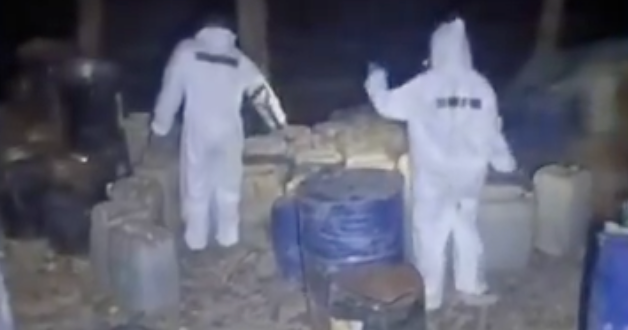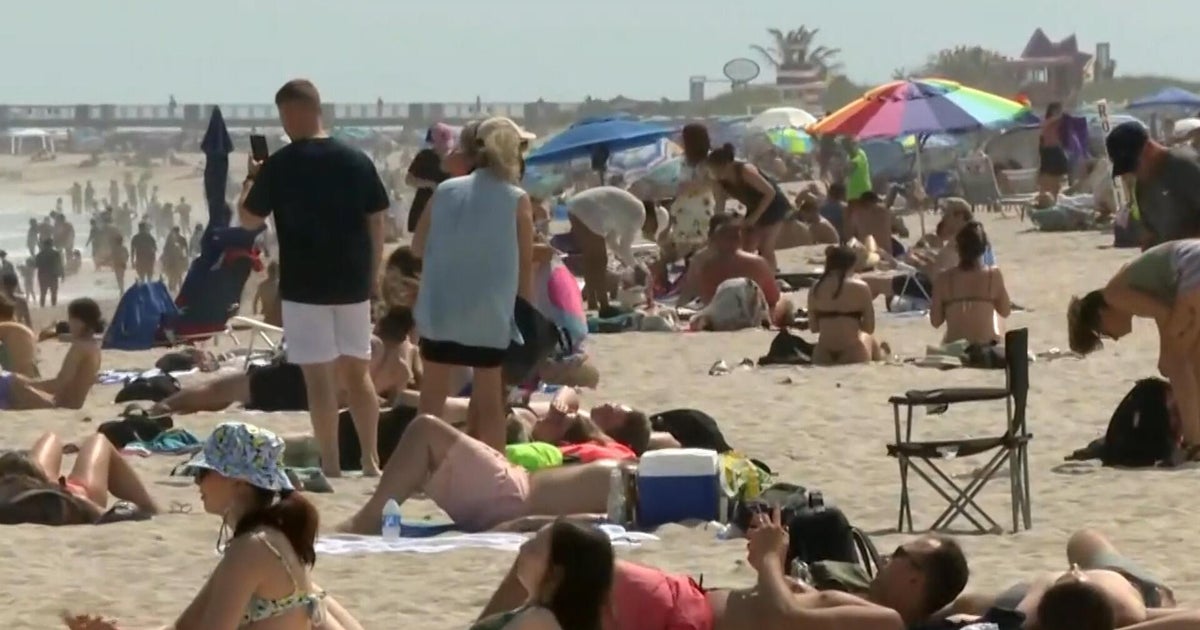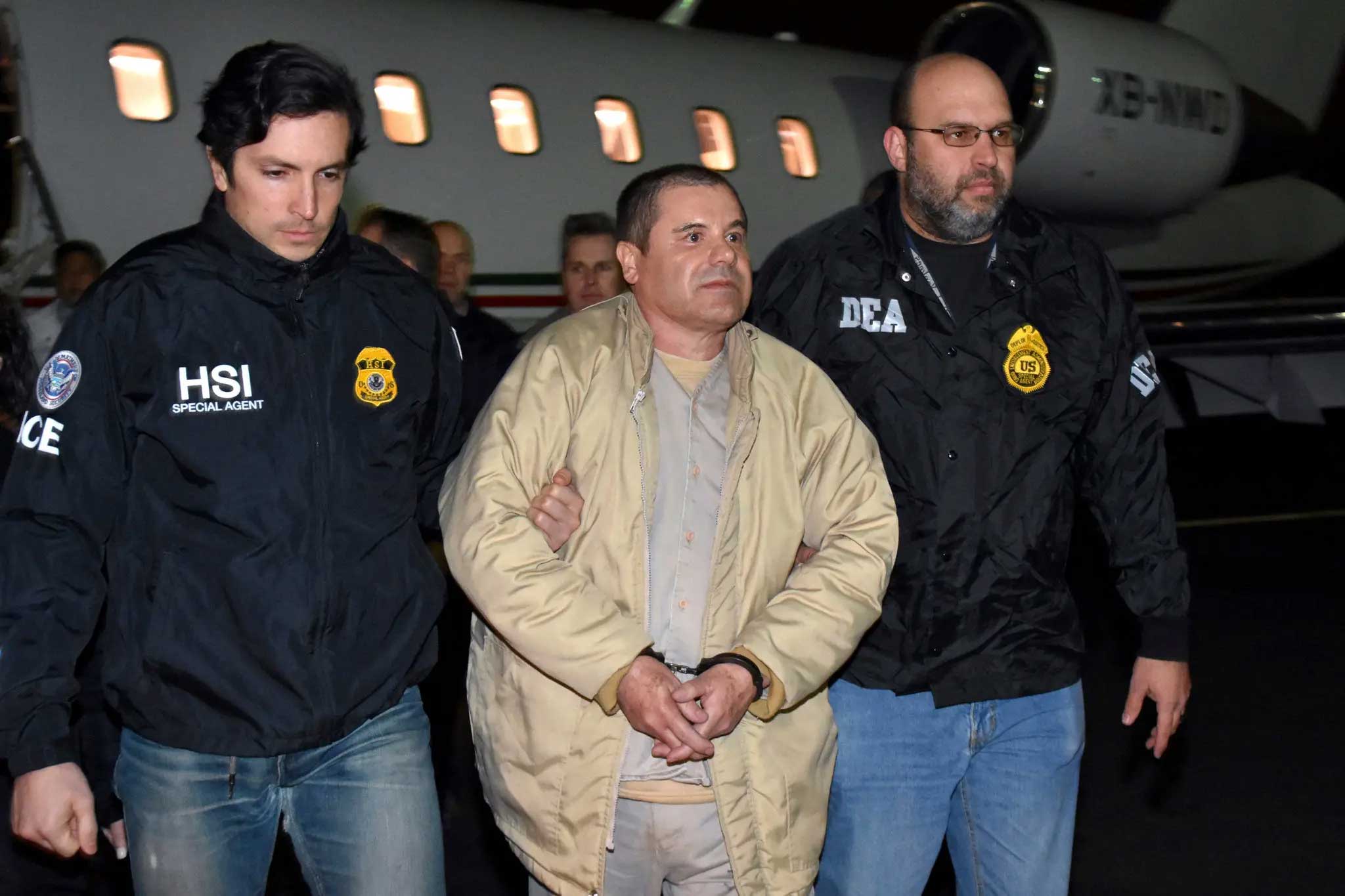Former "El Chapo" protégé describes cartel violence, corruption during testimony
Vicente Zambada, a former Mexican drug trafficker and heir to the Sinaloa cartel, testified Thursday against infamous kingpin Joaquin "El Chapo" Guzman, providing intimate details of the accused Mexican drug lord's life.
Zambada, 43, is the son of El Chapo's partner, Ismael "El Mayo" Zambada, who is still at large. He described the rampant violence and corruption that accompanied Guzman's rise to power atop the Sinaloa cartel.
Zambada told the jury about a meeting in the early 1990s at which a rival drug gang leader told him he wanted to kill his father and Guzman to avenge a botched hit. At another meeting in the mid-2000s, representatives from corrupt Mexican politicians asked if the cartel could help them ship 100 tons of cocaine in an oil tanker ship, he said.
"They wanted to know if my dad and Chapo could provide that amount of coke," he said.
Zambada said he was arrested before he learned whether the shipment ever occurred.
Zambada also claimed the cartel paid a staggering $1 million per month in bribes to Mexican officials, including a high-ranking defense chief identified as General Altimo and a security guard for former Mexican President Vicente Fox.
Criminal defense attorney Vinoo Varghese said of Zambada Friday, "He was involved since he was 15. He is the son of the head of the Sinaloa cartel. He does have access to information. The question is, is he telling the truth for everything."
"He said something really important and I think this potentially is going to play to the defense strategy," Varghese said on CBSN. "He said, 'My father is the head of the Sinaloa cartel.' So he provided a ton of information about El Chapo but he confirmed his dad runs the Sinaloa cartel."
Zambada, a top Chapo protégé before his 2009 arrest in Mexico City, is the latest in a parade of cooperators to testify as government witnesses in the conspiracy case against Guzman in federal court in Brooklyn. He reportedly testified with the hope of a reduced sentence and a U.S. visa.
Varghese called Zambada's hope for a U.S. visa "very unusual" and could damage the prosecution's case.
"Prosecutors have no power to compel the immigration authorities to give a visa, so the fact that he believes he's going to get a visa -- or potentially get a visa -- is really, I think, fuel, ammunition for the defense to say he is making up most of his stuff," Varghese.
Lawyers for Guzman — who was sent to the United States in 2017 after gaining notoriety for twice escaping Mexican jails — have sought to portray the cooperators as shady opportunists willing to exaggerate their client's involvement in the drug trade to earn breaks in their own cases.
The trial, which began in mid-November, is expected to continue into next month.
